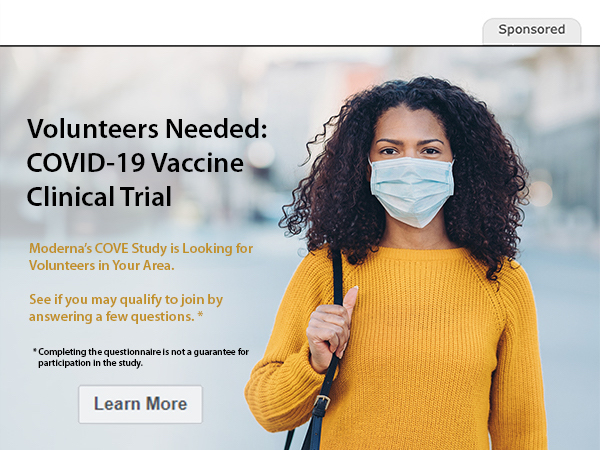When Heidi Larson worked for UNICEF as an anthropologist, much of her time was spent ferreting out the rumors that influence public opinion. In 2003, she went to Northern Nigeria where political and religious leaders had decided to stop supporting the vaccination of children against polio. They told parents that the vaccines were contaminated with anti-fertility agents. Larson found that mothers wanted to continue vaccinating their children but the decision-makers were fathers and so the children were not vaccinated.
There had been no incident to start this boycott, just rumors that questioned the motives of the Westerners who wanted to vaccinate children. For 11 months this boycott of vaccinations caused a resurgence of polio in 20 countries that had been deemed polio-free. A 2007 paper on the boycott stated that: “While three or four doses of polio vaccine administered to a young infant are enough to provide protection in most parts of the world, in Nigeria, with so much polio virus circulating, children under five years must be immunized up to eight or more times.” In the end, many children died or were permanently paralyzed by polio.
As a result of this and other experiences, Larson started the Vaccine Confidence Project which does research over time looking at attitudes, especially trust, around vaccines. The purpose is to be more “anticipatory” understanding the underlying issues before a crisis like what happened in Nigeria takes place.
Polio, a highly contagious virus, spreads by both contact with feces or droplets from sneezes and coughs. Polio used to be endemic – meaning it is a disease that is always present in a certain location – to the US. Before the polio vaccine was created in 1955, the US saw epidemics each summer. According to the CDC, polio “crippled 35,000 people” every year in the US. Because of the polio vaccine, the disease was said to be eradicated in 1979 in the US. However, the disease still exists in the world, so vaccination is still necessary. If you hear others speaking negatively about vaccinations, remind them of poliomyelitis, what it used to be like before the Salk vaccine, and what happened in Nigeria and 20 other countries in 2003 when rumors stopped vaccinations.
Vaccination is a form of cooperative altruism, Larson believes. Since there are people who cannot be vaccinated, due to underlying medical conditions, those people must rely on others to be vaccinated. Like social distancing, vaccination is a way to protect vulnerable people.
Recently, an official with the World Health Organization (WHO) said that it is possible that the coronavirus that causes COVID-19 could become endemic. If so, the need for a COVID-19 vaccine increases substantially. If a COVID-19 vaccine can be created, rumors about vaccines must be quashed. As Larson stated in a recent podcast, stopping COVID-19 “is going to take a planet that wants to cooperate. We need to remind people how vulnerable we are.”






